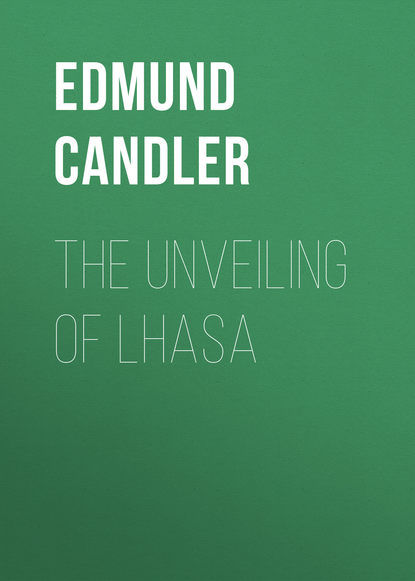По всем вопросам обращайтесь на: info@litportal.ru
(©) 2003-2024.
✖
The Unveiling of Lhasa
Настройки чтения
Размер шрифта
Высота строк
Поля
The following is a draft of the terms as communicated by The Times Correspondent at Peking. The terms have not yet been disclosed in their final form, but I understand that Dr. Morrison's summary contains the gist of them:
'1. Tibetans to re-erect boundary-stones at the Tibet frontier.
'2. Tibetans to establish marts at Gyangtse, Yatung, Gartok, and facilitate trade with India.
'3. Tibet to appoint a responsible official to confer with the British officials regarding the alteration of any objectionable features of the treaty of 1893.
'4. No further Customs duties to be levied upon merchandise after the tariff shall have been agreed upon by Great Britain and the Tibetans.
'5. No Customs stations to be established on the route between the Indian frontier and the three marts mentioned above, where officials shall be appointed to facilitate diplomatic and commercial intercourse.
'6. Tibet to pay an indemnity of £500,000 in three annual instalments, the first to be paid on January 1, 1906.
'7. British troops to occupy the Chumbi Valley for three years, or until such time as the trading posts are satisfactorily established and the indemnity liquidated in full.
'8. All forts between the Indian frontier on routes traversed by merchants from the interior of Tibet to be demolished.
'9. Without the consent of Great Britain no Tibetan territory shall be sold, leased, or mortgaged to any foreign Power whatsoever; no foreign Power whatsoever shall be permitted to concern itself with the administration of the government of Tibet, or any other affairs therewith connected; no foreign Power shall be permitted to send either official or non-official persons to Tibet – no matter in what pursuit they may be engaged – to assist in the conduct of Tibetan affairs; no foreign Power shall be permitted to construct roads or railways or erect telegraphs or open mines anywhere in Tibet.
'In the event of Great Britain's consenting to another Power constructing roads or railways, opening mines, or erecting telegraphs, Great Britain will make a full examination on her own account for carrying out the arrangements proposed. No real property or land containing minerals or precious metals in Tibet shall be mortgaged, exchanged, leased, or sold to any foreign Power.
'10. Of the two versions of the treaty, the English text to be regarded as operative.'
The ninth clause, which precludes Russian interference and consequent absorption, is of course the most vital article of the treaty.
24
The Amban or Chinese Resident in Lhasa is in the same position as a British Resident in the Court of a protected chief in India. Of late years, however, the Amban's authority has been little more than nominal.
Другие электронные книги автора Edmund Candler
The Sepoy




 4.67
4.67






